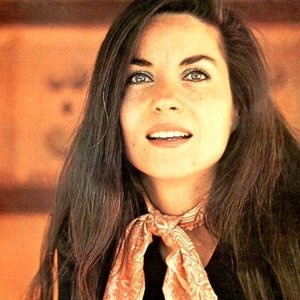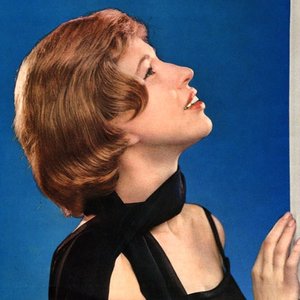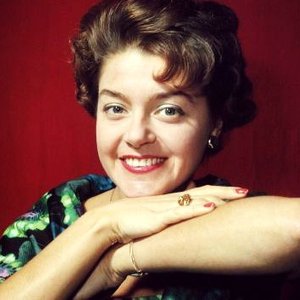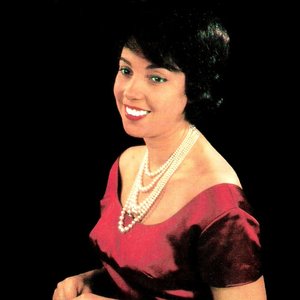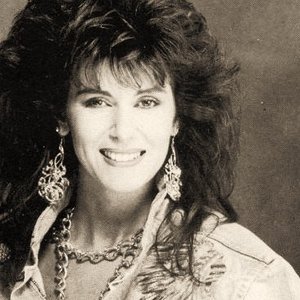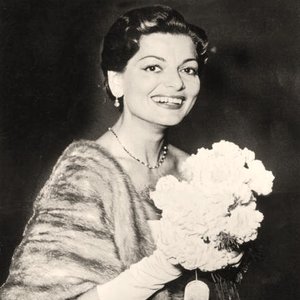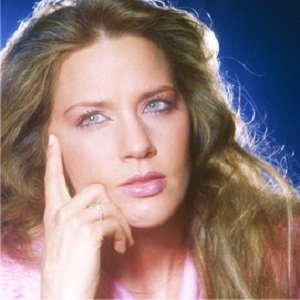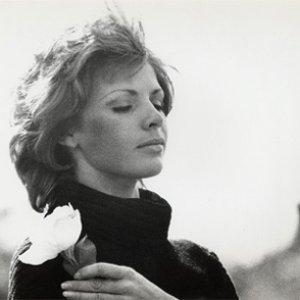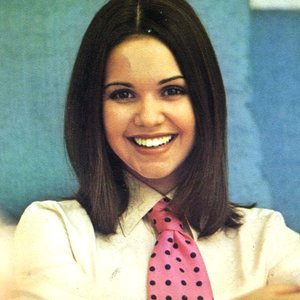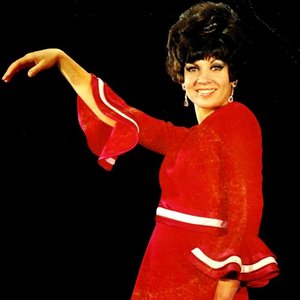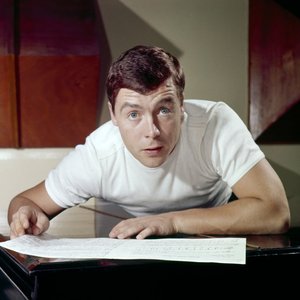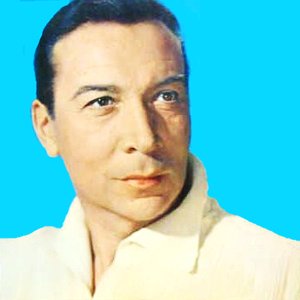Biography
-
Born
24 October 1927
-
Born In
Paris, Île-de-France, France
-
Died
5 May 1992 (aged 64)
Jean-Claude Pascal (b. October 24, 1927 in Paris, France as Jean-Claude Villeminot. d. May 5, 1992).
After surviving the Second World War in Straßburg, Pascal first studied at the Sorbonne-university and then turned to fashion-designing for Christian Dior. On his work for costumes for the theatre-play Don Juan he came into contact with acting and made his first cinema-movie in 1949 with Quattro rose rosse. Many movies should follow, among them La Belle et l'empereur ("Die schöne Lügnerin", 1959) (aside to Romy Schneider) or Angelique and the Sultan (Angélique et le sultan, 1968) aside to Michèle Mercier.
Pascal won the 1961 Eurovision Song Contest for Luxembourg singing "Nous les amoureux" (We the lovers) with music composed by Jacques Datin and lyrics by Maurice Vidalin. He later represented Luxembourg again in the 1981 contest and finished 11th of 20 singing "C'est peut-être pas l'Amérique" (It may not be America) with words and music he composed along with Sophie Makhno and Jean-Claude Petit.Parisian (b 1927. d 1992) fashion designer and actor turned balladeer / matinee idol style crooner.
Won Eurovison in 1961 for Luxembourg with Nous Les Amoureux and had string of popular hits in the 1950's and 60s in his native France. Notable cover version of Le Temps De L'Amour, a Hit for Francoise Hardy written by her boyfriend Jacques Dutronc.
Eurovision Song Contest 1961 - Cannes
Entry for Luxembourg
Performer: Jean-Claude Pascal
Song title: Nous Les Amoureux
Song writer(s): Maurice Vidalin
Song composer(s): Jacques Datin
Sang in Position: 14
Final Position: 1
Total Points: 31
Just like in 1959, the Palais des Festivals was the venue of this year's contest. The presenter of the show was Jacqueline Joubert, who already did this task in 1959. The stage used for the show was much bigger than in previous years, and it was magnificently decorated with flowers.
The number of participants of this year’s song contest rose to 16 as Spain, Yugoslavia and Finland entered the contest for the first time. For the first time, the contest took place on a Saturday night which would be its usual time-frame for the decades to come.
Luxembourg had its first of 5 victories in 1961 with the song Nous Les Amoureux performed by Jean-Claude Pascal. Critics called the song a lullaby, but Jean-Claude Pascal was awarded 31 points in total, with the UK entry by The Allisons comfortably behind with 24 points.
Germany's entry Einmal Sehen Wir Uns Wieder was performed by Lale Andersen who shot to fame two decades earlier with her rendition of Lili Marleen. However, Mrs. Andersen only managed to score 3 points and a 13th place.
Eurovision Song Contest 1981 - Dublin
Entry for Luxembourg
Performer: Jean-Claude Pascal
Song title: C'est Peut-être Pas L'amérique
Song writer(s):
Song composer(s): Sophie Makhno, Jean-Claude Villemino
Sang in Position: 5
Final Position: 11
Total Points: 41
For the second time, the Eurovision champion winner, Ireland, was the host for the event which took place in Dublin. In 1981, the total amount of participating countries was 20 once again equalling the record set three years earlier in Paris. Morocco withdrew after their first participation, and Italy decided to stay at home as well because the interest in the country had diminished.
Yugoslavia returned to the contest after five years of absence, so did Israel after the county had missed out on one contest. Finally, Cyprus made its Eurovision debut. It was also the first year Egypt's television viewers could follow the contest live on television.
The opening sequence of the 1981 Eurovision Song Contest showed 'old Ireland' blending into 'modern Ireland' with shots of Celtic ruins, cliffs, castles, edited together with close-ups of art and shots of planes, waterfalls, people in the park, children feeding birds, traditional door knockers, front doors, architecture and horse races. The sequence ended with a map of Europe on a globe which span round to reveal the Eurovision logo.
The United Kingdom's entry Making Your Mind Up by the group Bucks Fizz won the 1981 contest after a close race with Germany's entry Johnny Blue by Lena Valaitis. Bucks Fizz was specially formed for the Eurovision Song Contest and had created a memorable show act when the 2 guys in the group ripped off the skirts of the 2 girls, revealing a shorter skirt underneath. To date, it is seen by many as one of the most memorable moments in the history of the Eurovision Song Contest. Bucks Fizz continued their career all over Europe with many hitsongs during the 1980s, like The Land Of Make Believe and My Camera Never Lies.
Artist descriptions on Last.fm are editable by everyone. Feel free to contribute!
All user-contributed text on this page is available under the Creative Commons Attribution-ShareAlike License; additional terms may apply.

